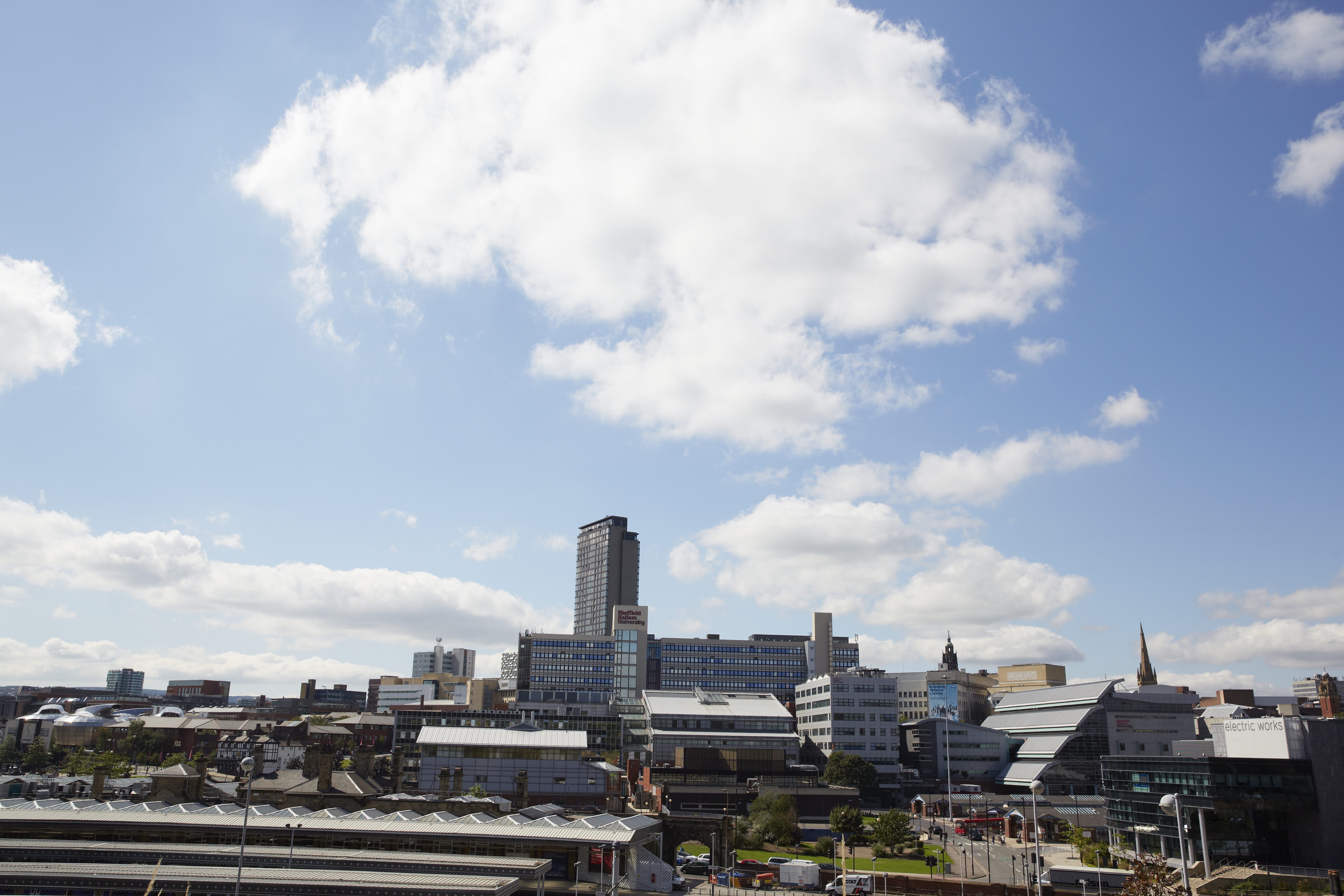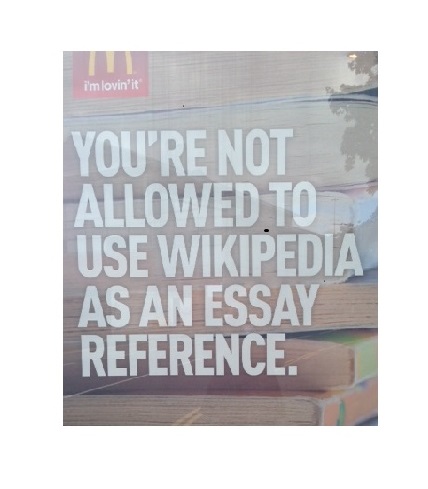-

Widening participation in higher education – the view from a city
In 2013 the All-Party Parliamentary Group on social mobility stated that ‘we were looking for communities, schools, programmes or business sectors that could be said to buck the trend of poor social mobility in Britain. Time and again, that search led back to London’. It is not surprising that London is lauded as such […]
-
Anonymous Marking and Learning to Drive: Unconscious bias in assessment
The students’ union at Sheffield Hallam University passed a policy paper in May 2015, which emphasised that all students should be treated equally and this would best be achieved through anonymous marking. Currently, exams are anonymously assessed at Sheffield Hallam University but not course work. One reason that course work is not anonymously marked is […]
-
Are teacher educators the ‘ragged-trousered philanthropists’ of the academy?
In their 2015 book ‘Transforming Teacher Education: Reconfiguring the Academic Work’, Viv Ellis and Jane McNicholl describe a process of ‘proletarianisation’ in which the exchange value of teacher educators’ labours (their academic capital) has declined over time. This, they say, is limiting the potential to contribute new ideas and innovations to schools and the wider […]
-
Be interesting. It’s on the Syllabus.
Those terrible twins curriculum and assessment often leave science teachers frustrated at the compromises they are forced to make. We would like our students to be deeply engaged and learning about the applications of the science. But in practice we have little time for deviating from the straight and narrow. What if things were different? […]
-
An alternative perspective on the physics teacher shortage
At present there are two issues in physics education making media headlines. The first, the critical shortage of specialist physics teachers in England; the second, the persistently low number of girls choosing A level physics. Is it possible that these two, seemingly separate issues might, in fact be linked and that by making inroads into […]
-
Dialogue, Depth and Doing a Master’s? Working with teachers on research
I’m doing a lot of work at the moment working with schools and teachers on engaging with research evidence with colleagues in the SIOE, and it’s made me think about this issue and in particular the crucial importance of collaboration and dialogue. If I asked you to imagine teachers engaging with research, you’d probably come […]
-
‘Good’ behaviour at school – not so good at home?
Note – this is not applicable to all individuals with autism, nor all schools!!! Regarding autism and whether it is possible for children to display different behaviours at home compared to school – this is something that over the years probably hundreds of parents have asked me about. So often the message is a […]
-
The perfect role model; beyond the usual suspects
The adage, “it takes a village to raise a child” has rarely been more apt than in its application to current educational setting. Schools are more influential in the social development of children than ever before and the need for powerful role models both inside and outside of the classroom is of critical importance. But […]
-
Enhancing Access, Improvements for All: Working Towards ‘Inclusive’, ‘Accessible’ Research
Len Barton reminds us that the concept of ‘inclusive education’ is a slippery one: not so much an ‘end’, but a process of “responding to diversity” “listening to unfamiliar voices, “being open, empowering all members and about celebrating ‘difference’ in dignified ways”[1]. So too is ‘access’ complex and often contradictory. Sometimes what makes an event […]
-

Academic referencing: Wikipedia, Lenny Henry and the future of academic sources
Outside my university I was met with an advert for a fast food chain which was clearly focused on the student population. The advert boldly stated ‘you’re not allowed to use Wikipedia as an essay reference’. A statement which initially raised a smile in me but got me thinking, while ten years ago I would […]
Got any book recommendations?